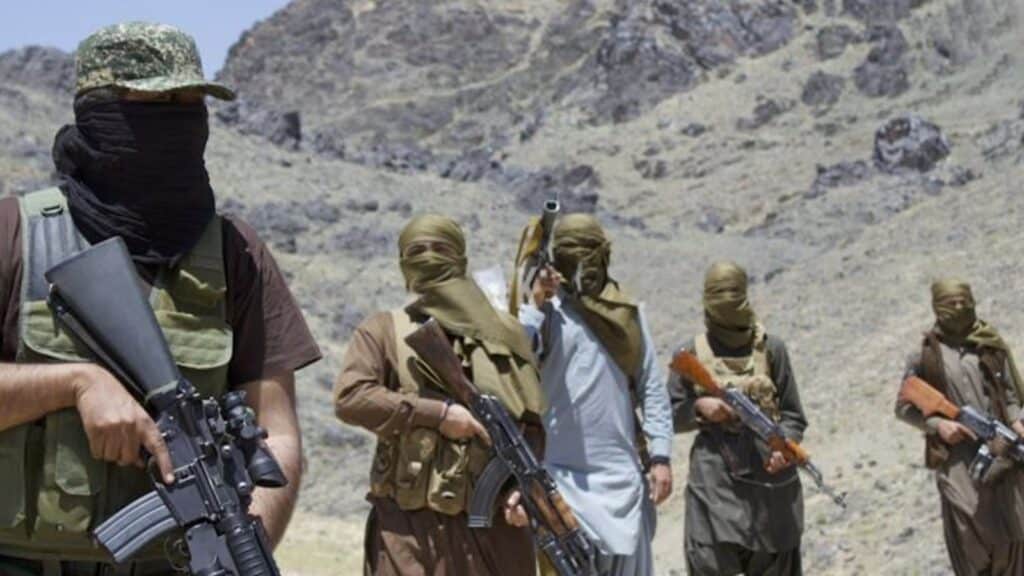The Balochistan Liberation Army (BLA), once considered a regional tool of influence, is reportedly losing operational space within Iran amid growing scrutiny. This shift is causing concern in Indian strategic circles, which have long viewed the group as a counterweight to both Pakistan and China in the broader geopolitical contest of South Asia.
Alleged Use of BLA Against Iran Through Cross-Regional Networks
Reports from regional observers suggest that BLA operatives were involved in activities targeting Iranian interests, reportedly aligning with Israeli objectives via Indian coordination. As Iranian authorities begin to push back against such actors, the space for BLA’s operations inside Iran has narrowed considerably, forcing a recalibration of plans in New Delhi.
India Reconsiders Proxy Strategy in Balochistan and Beyond
With the BLA facing setbacks, Indian planners are reportedly exploring alternative ways to reposition the group for use in Balochistan. The region remains central to China’s Belt and Road Initiative through the China–Pakistan Economic Corridor (CPEC), which India has long opposed.
Analysts believe India sees the BLA as a pressure point against both Pakistan’s territorial integrity and China’s growing economic footprint in the region. The recent developments in Iran are, therefore, viewed as a strategic loss, with New Delhi considering how to restore the group’s utility as a regional lever.
Coordinated Media Narrative Around BLA
In parallel, a coordinated media and lobbying campaign has sought to frame the BLA’s narrative in sympathetic terms across international platforms. Observers note that this organized effort often omits the group’s violent record in Pakistan and its controversial cross-border alliances, aiming instead to recast it as a movement for ethnic rights.
Dual Proxy Approach: BLA in Balochistan, TTP in Khyber Pakhtunkhwa
The broader strategy, as seen by regional analysts, involves the empowerment of multiple proxy groups. While BLA remains the focal point in Balochistan, similar support structures are believed to be in place for the Tehrik-e-Taliban Pakistan (TTP) in Khyber Pakhtunkhwa. This dual-front approach is perceived as a way to strain Pakistan’s internal security and undermine regional development initiatives.
Regional Peace at Risk
The growing use of armed proxies by state actors poses serious risks to regional stability. As countries like Iran and Pakistan intensify their countermeasures, the continued external support for militant networks could exacerbate tensions. The international community may soon need to address the broader implications of cross-border militancy fueled by geopolitical rivalries.





